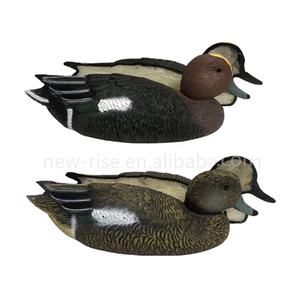Title: Do Duck Feather Pillows Harbor Bacteria?
Are duck feather pillows a breeding ground for bacteria? The answer is not entirely straightforward. While it is true that any surface, including duck feather pillows, can potentially harbor bacteria, the risk is low when the pillows are properly cared for and cleaned. Bacteria thrive in damp, dark environments, so keeping your duck feather pillow clean and dry is crucial. Regularly wash it in warm water with a gentle detergent to remove sweat, dust, and other debris that could provide a food source for bacteria. Additionally, ensure that the pillow is fully dried before storing it to prevent mold and mildew growth. By following these simple hygiene practices, you can reduce the risk of bacterial growth on your duck feather pillow and enjoy a comfortable and healthy sleep.
The question of whether duck feather pillows harbor bacteria is one that concerns many people. Duck feather pillows are a popular choice for their soft, warm, and hypoallergenic properties, but there is always the concern about hygiene and potential health risks.

Firstly, it is important to understand that all natural materials, including duck feathers, can harbor bacteria. However, this does not necessarily mean that using duck feather pillows is unsafe or unhealthy. The risk of infection from these bacteria is low, and in most cases, people will not experience any adverse effects.
Duck feather pillows are often washed and cleaned before being used, which helps to reduce the number of bacteria present. Additionally, the warmth and dryness of the feathers provide a hostile environment for bacteria to thrive in, further reducing the risk of infection.
However, it is always important to take proper care of your duck feather pillows. Regularly wash and clean them to ensure that they remain free of bacteria and other allergens. Additionally, store them in a clean and dry place to prevent any moisture or debris from settling on them.

If you are still concerned about the potential for bacteria to be present on your duck feather pillows, there are some steps you can take to further reduce the risk. Firstly, choose high-quality duck feather pillows that have been thoroughly cleaned and sanitized before being sold. Secondly, consider using a pillow protector to create a barrier between your face and the pillow, reducing the risk of contact with any bacteria that may be present.
In conclusion, while duck feather pillows can harbor bacteria, the risk of infection from these bacteria is low, and in most cases, people will not experience any adverse effects. Proper care and cleaning of your pillows can further reduce the number of bacteria present, and there are also some additional measures you can take to reduce the risk even further if you are still concerned.
Articles related to the knowledge points of this article:
Title: The Bittersweet Symphony of Down: An Ode to the Misfortunes of Duvet Fluff
Title: The Menace of Mite Infestation in Down Comforters
The Art of Feather-Filled Packaging: Crafting a Perfectly Preserved Down Comforter
Title: Top Down - Understanding the Basics of Down Quilt Pricing and Its Impact on Your Sleep



